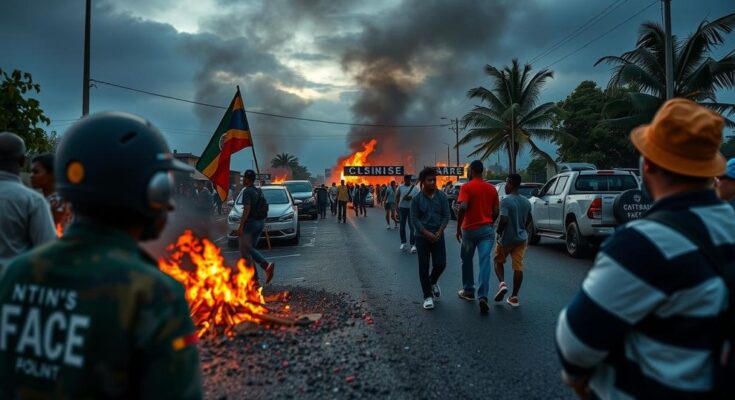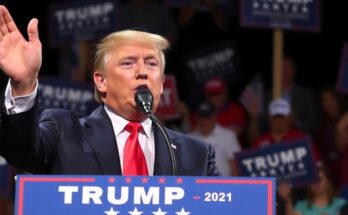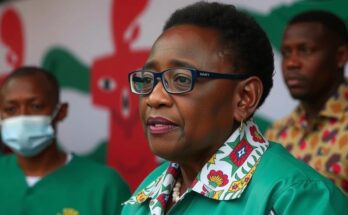Protests erupted in Mozambique following the October 9 elections which the ruling FRELIMO party won amid allegations of fraud. Opposition leader Venancio Mondlane has called for public demonstrations while security forces have responded violently. Reports indicate numerous deaths and injuries, leading to heightened tensions and the blockade of internet access. The situation remains critical with continued expressions of dissent among the populace.
Protests in Mozambique have intensified following the disputed elections held on October 9, where the ruling FRELIMO party, led by Daniel Chapo, secured victory. Opposition leader Venancio Mondlane, from the PODEMOS party, has voiced concerns regarding electoral fraud and has encouraged citizens to engage in protests. Reports reveal that Mozambican security forces have responded to these demonstrations with tear gas, escalating violence that has resulted in numerous fatalities and injuries across the nation, instigating a climate of fear and unrest. In response to the uprising, internet access has been intermittently restricted, yet alternative forms of protest, such as the public noise-making “pot protests,” have emerged.
The current situation in Mozambique arises from the recent electoral process marred by allegations of fraud. Since gaining independence in 1975, FRELIMO has maintained a dominant position in the country’s politics. The opposition parties, particularly the PODEMOS party, have been vocal about their grievances, culminating in significant civil unrest. The protests have highlighted broader societal issues, including dissatisfaction with governance, thereby prompting international attention and concern for human rights and public safety.
In conclusion, the ongoing protests in Mozambique symbolize a critical moment in the country’s political landscape, reflecting the populace’s frustrations with perceived electoral injustices. The harsh measures taken by security forces and the opposition’s call for continued resistance suggest a volatile environment that could lead to further unrest. The series of unfortunate events underline the urgent need for dialogue and restorative measures within Mozambique’s political framework.
Original Source: www.fides.org




